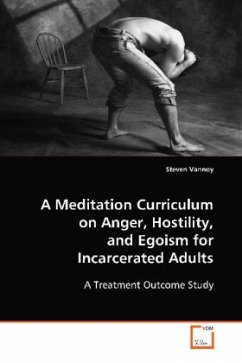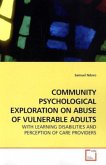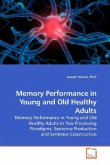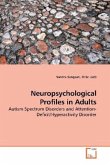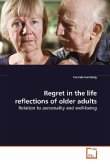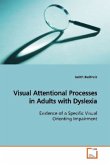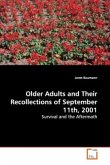An evaluation of a meditation based curriculum
developed to reduce anger, hostility, and egoism was
be performed using incarcerated adults as
participants. Previously, Vannoy and Hoyt (2004),
pilot tested a new intervention delivered to
incarcerated adult males. In the current study, the
goal was three fold: a) to replicate the previous
findings, while improving the experiment; b) expand
the focus to investigate the impact of the
intervention on the anti-social construct of
hostility and the pro-social construct of
social-connectedness; and c) include female
participants. Results of this study indicate the
intervention was effective at reducing anger in
female participants. Changes on other variables
failed to reach statistical significance. We
hypothesized that meditation participants would
voluntarily continue to meditate, while participants
in treatment as usual would not opt to voluntarily
continue studying course material. Male participants
in MBESH participated in after-care at a high rate
(89%), and female participants in MBESH participated
at a moderate rate (45%). The participation rate in
after-care for both male and female
treatment-as-usual participants was 0%.
developed to reduce anger, hostility, and egoism was
be performed using incarcerated adults as
participants. Previously, Vannoy and Hoyt (2004),
pilot tested a new intervention delivered to
incarcerated adult males. In the current study, the
goal was three fold: a) to replicate the previous
findings, while improving the experiment; b) expand
the focus to investigate the impact of the
intervention on the anti-social construct of
hostility and the pro-social construct of
social-connectedness; and c) include female
participants. Results of this study indicate the
intervention was effective at reducing anger in
female participants. Changes on other variables
failed to reach statistical significance. We
hypothesized that meditation participants would
voluntarily continue to meditate, while participants
in treatment as usual would not opt to voluntarily
continue studying course material. Male participants
in MBESH participated in after-care at a high rate
(89%), and female participants in MBESH participated
at a moderate rate (45%). The participation rate in
after-care for both male and female
treatment-as-usual participants was 0%.

